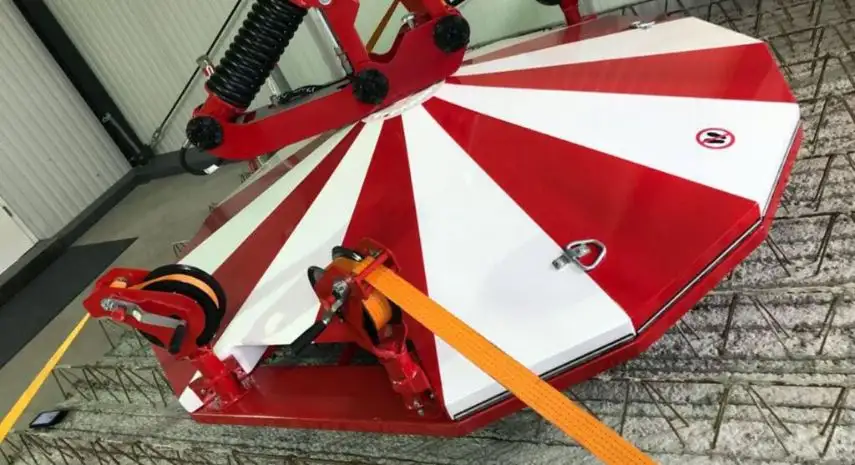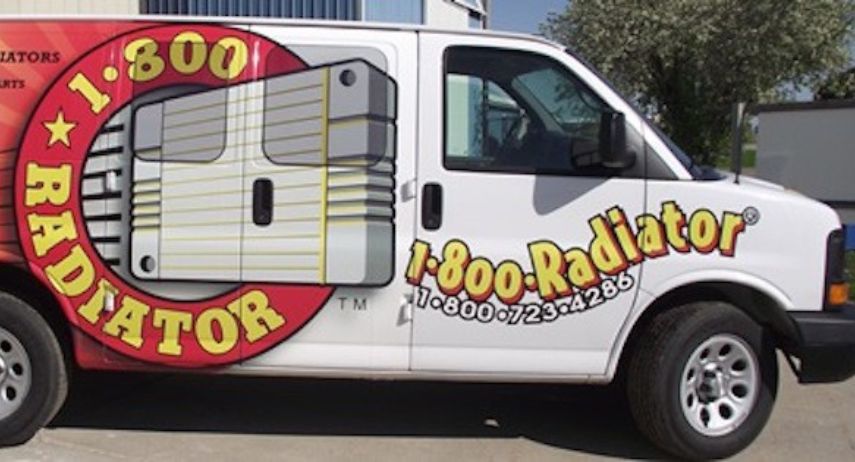How to Value a Franchise for Resale: A Step-by-Step Guide

Selling a franchise can be a lucrative opportunity, but understanding how to value a franchise for resale is crucial to ensure you get the best return on your investment. Whether you’re a seasoned business owner or a first-time seller, this comprehensive guide will walk you through proven strategies to accurately determine your franchise’s market value.
Why Proper Franchise Valuation Matters
Determining the right resale value for a franchise is essential for multiple reasons:
-
Attract serious buyers: An accurate price increases buyer confidence.
-
Maximize your return on investment: Overpricing can deter buyers, while underpricing can leave money on the table.
-
Smooth negotiation process: A clear valuation makes negotiations more straightforward and professional.
Ignoring proper valuation can result in a prolonged sale period or losing potential profits.
Factors to Consider When Valuing a Franchise
Valuing a franchise involves more than looking at the asking price of similar businesses. Here are the key factors:
1. Franchise Financial Performance
Analyzing the franchise’s historical revenue and profit margins is the first step. Buyers want proof of consistent income. Consider:
-
Annual revenue for the past 3–5 years
-
Net profits after expenses
-
Trends in revenue growth or decline
2. Franchise Brand Reputation
A well-known franchise brand can significantly increase resale value. A strong brand implies:
-
Established customer base
-
Proven business model
-
Marketing support from the franchisor
3. Location and Market Conditions
The franchise’s location and local market conditions impact its value:
-
High-traffic areas generally command higher prices
-
Growing markets can boost future earnings potential
-
Local competition can affect valuation
4. Franchise Agreement Terms
Franchise agreements affect resale potential. Factors include:
-
Length of the remaining term
-
Renewal options
-
Royalty and marketing fee structures
5. Tangible and Intangible Assets
Consider both physical and intangible assets:
-
Equipment, inventory, and furniture
-
Intellectual property rights, customer lists, and operational processes
Methods to Determine Franchise Resale Value
Several established methods help calculate a franchise’s fair market value:
1. Income-Based Approach
This approach uses profit multiples to estimate value. Multiply annual net profit by an industry-standard multiplier to get a baseline value.
2. Market-Based Approach
Compare your franchise with similar businesses recently sold in your industry or region. Tools like franchise resale marketplaces can provide pricing insights.
3. Asset-Based Approach
Add up the franchise’s tangible and intangible assets. Subtract any liabilities to determine a baseline value.
Tips to Increase Your Franchise’s Resale Value
Before listing your franchise, consider these strategies:
-
Maintain clean and organized financial records
-
Address any operational inefficiencies
-
Invest in marketing to boost brand visibility
-
Keep equipment and premises in good condition
These small steps can significantly enhance your franchise’s perceived value.
Conclusion
Understanding how to value a franchise for resale is essential for maximizing profit and attracting serious buyers. By analyzing financial performance, brand strength, market conditions, and franchise agreement terms, you can arrive at a realistic and competitive price. Using a combination of income, market, and asset-based approaches ensures a comprehensive valuation.
Proper preparation and accurate pricing not only speed up the sale process but also help you achieve the best possible outcome for your investment.






